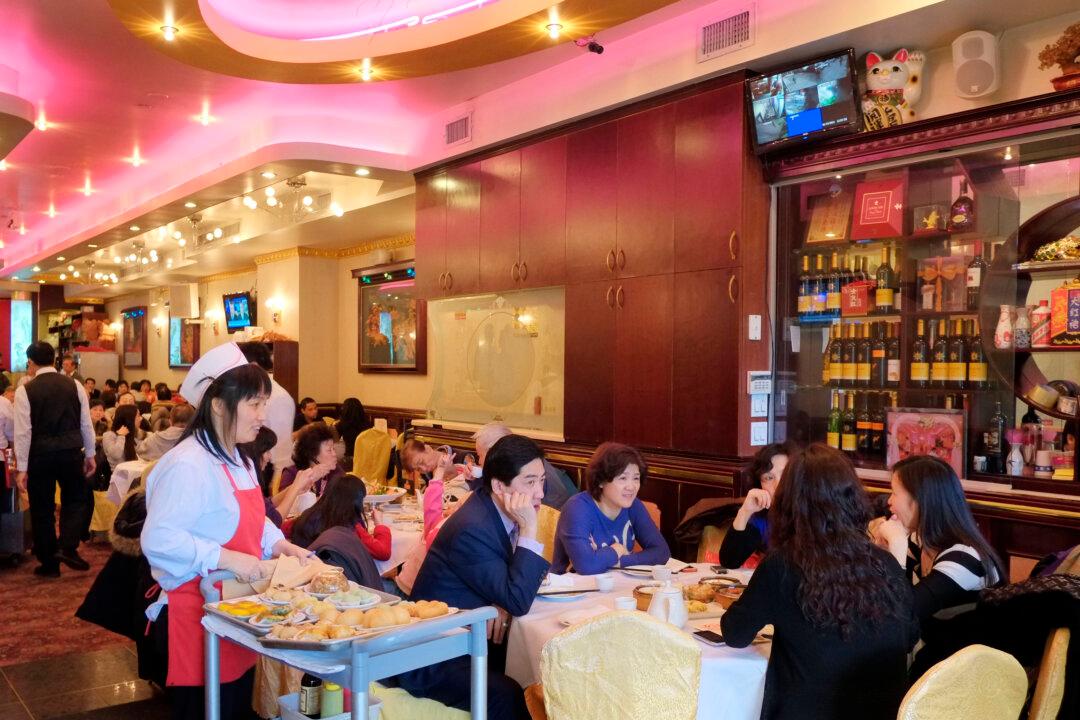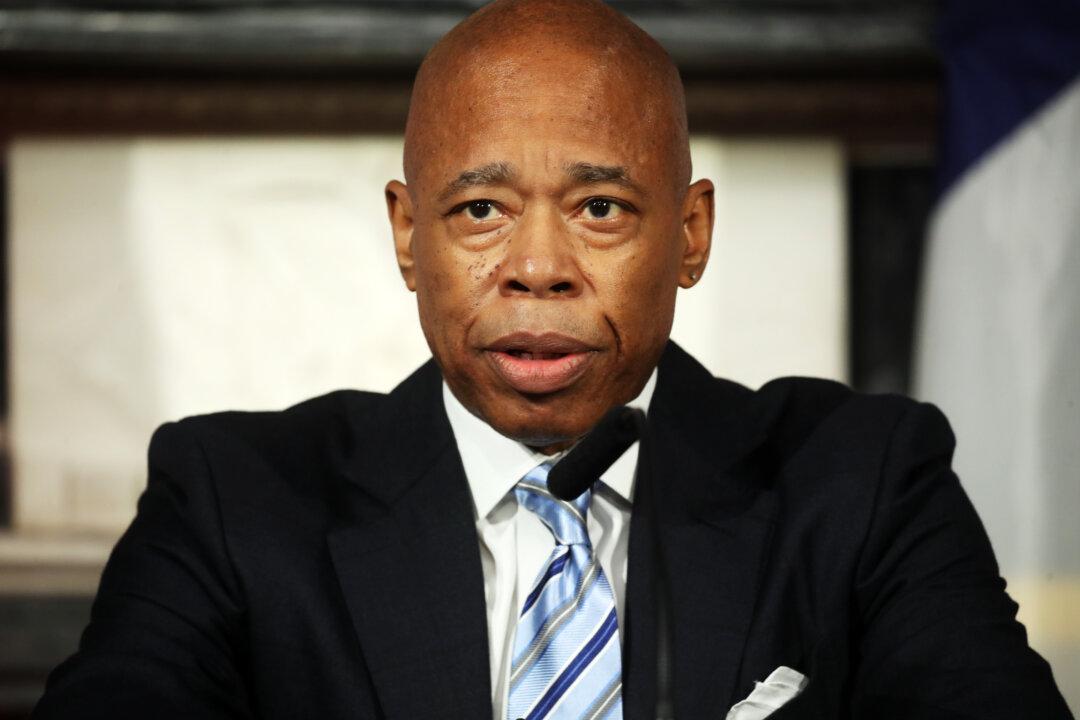Many small Chinese restaurants in New York are being targeted by lawsuits brought against them under the Americans With Disabilities Act (ADA), and it’s a nationwide trend.
The steps at the entrance of a Chinese restaurant in New York’s Chinatown have landed the owner in legal trouble. On July 4, Lin Kwok Keung, a wheelchair-bound man, filed a lawsuit against four Chinese restaurants in Chinatown on the grounds that the restaurants’ dining environment did not comply with the ADA. Lin has previously sued more than two dozen restaurants.




